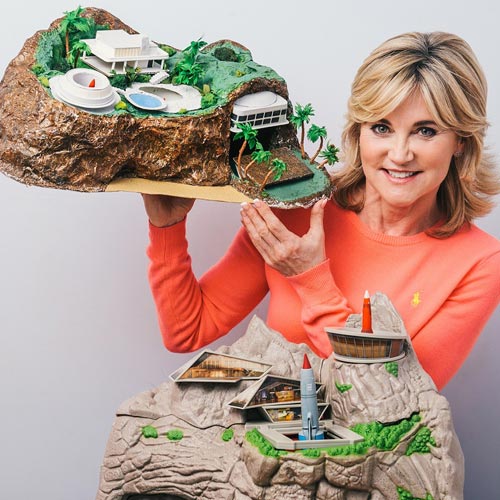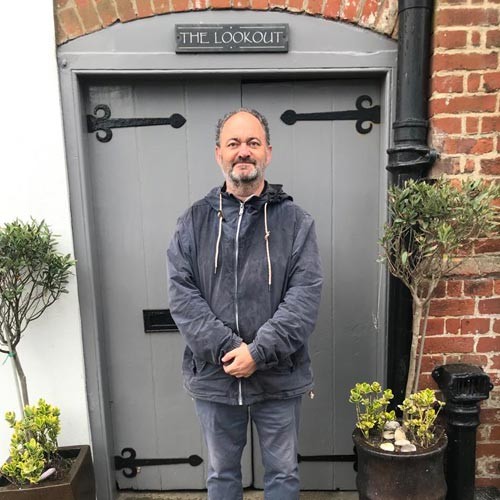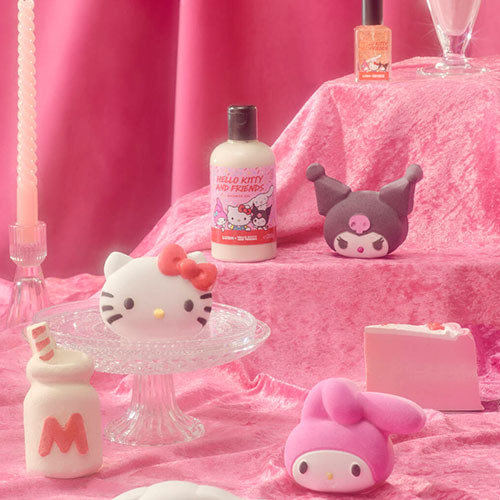The founder of Copyright Promotions (now CPLG) reflects on his favourite memories from his time in the industry.
I’ve had a great deal of reflection time recently after going through a major operation in May, culminating in a course of chemotherapy which is scheduled to continue till early 2016.
In my brighter moments occasionally I read the licensing trade press to re-kindle some favourite memories. An immediate observation is the ‘what goes around comes around’ proverb which never ceases to amaze me in this business.
I’m reading a lot about Thunderbirds at the moment, a brand which is close to my heart given it entered my licensing life not once but twice, 20 years apart.
First time around, I was managing director of Associated Television Licensing which controlled the commercial rights to Thunderbirds during its run on television from 1965. I sold around 150 licensees at the time, quite a feat given licensing was really in its infancy. It could be said fairly then it was a craze – a craze which subsided by the early 1970’s. The creator, Gerry Anderson, then sold his Thunderbirds’ property to ITC Entertainment and the rights lay dormant for 20 years.
In 1974 I left Associated Television and started Copyright Promotions Limited (now CPLG) with David Cardwell, laying down the foundations of the company representing some great properties such as Mr Men, My Little Pony and Teenage Mutant Hero Turtles.
Later on, in the summer of 1991, I sensed there might be a Thunderbirds’ revival, triggered by the hit record ‘Thunderbirds Are Go’. CPL successfully pitched for licensing representation rights and at the same time interest was also voiced by the BBC who bought the TV rights from ITC.
My instincts were right and by 1994 CPL had attracted a top class licensee list including Matchbox Toys and Nestle Rowntree who used the Scott Tracy character in a commercial for Kit Kat.

My favourite story though was a link with BBC’s top rating children’s show, Blue Peter. In 1992 a BBC2 run of Thunderbirds attracted a huge audience and consequently a dire shortage of Tracy Island toy play-sets in the run-up to Christmas. The story was reported in the national news.
In answer to this backlash, Theresa Plummer-Andrews, who was head of acquisition at the BBC and very well known to myself and David, called to say she wanted to demonstrate ‘how to make a Tracy Island’ on the Blue Peter show – that afternoon.
It was too good an opportunity to miss, but that we were duty bound to have all such activities approved by the licensor before proceeding presented us with a bit of a dilemma.
They were based in Los Angeles with time zones that were impractical in such circumstances. So we took the decision in our own hands, greenlighted the request and agreed to deal with whatever flak came later.
The right decision as it happened. The Blue Peter episode went ahead and the BBC was subsequently overwhelmed by viewers’ requests for copies of an instruction sheet for making the Tracy Island model.
A great result and a brilliant piece of PR for Thunderbirds. We didn’t look back.
And it seems the Thunderbirds’ phenomenon is not dead yet.































